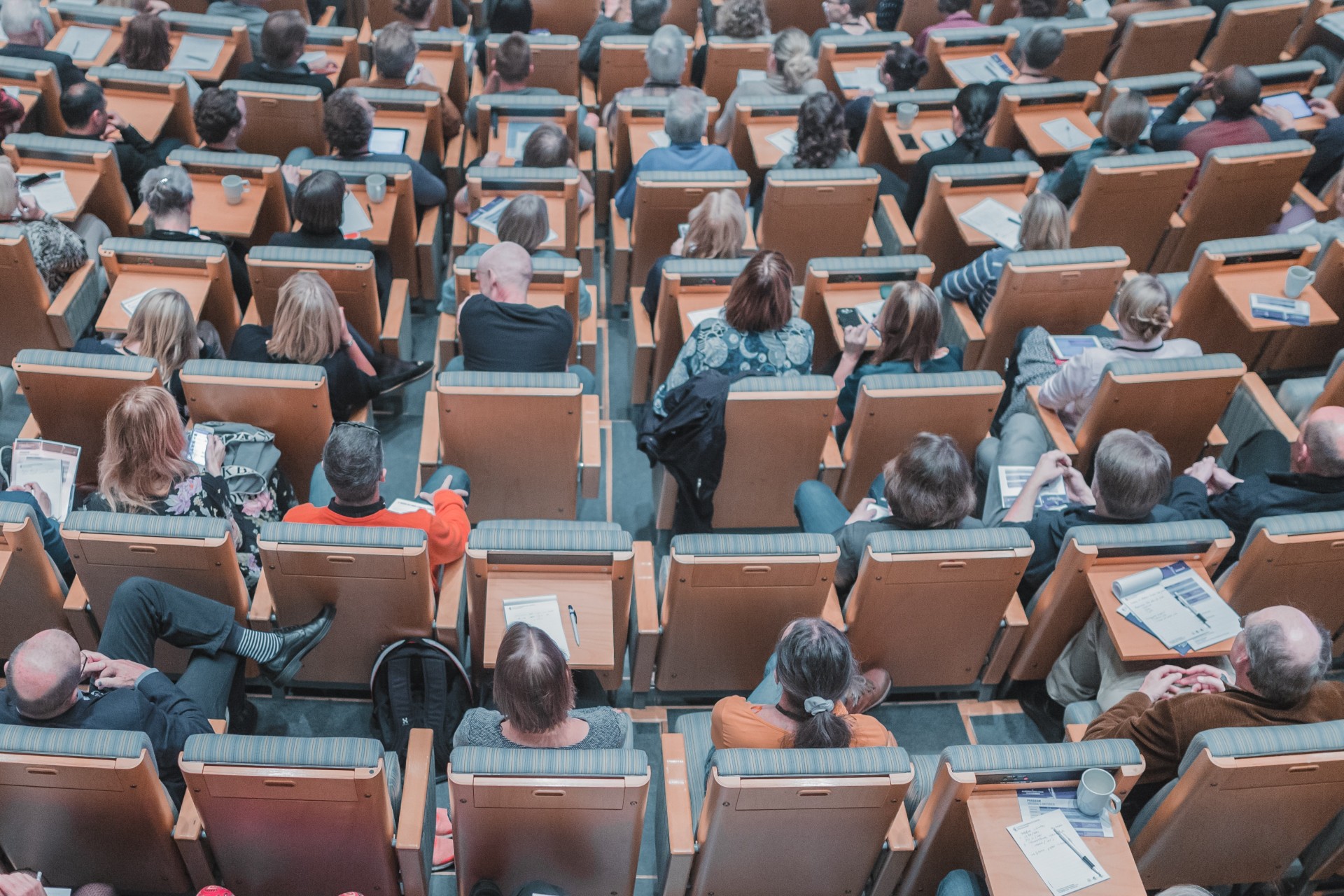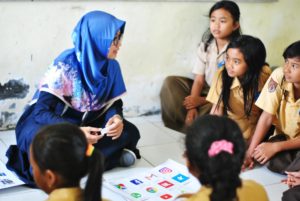
We are a reader-supported education publication. When you buy through links on our site, we may earn an affiliate commission to help us keep providing content.
Artificial intelligence (AI) is overhauling learning experiences. It’s becoming apparent how AI can personalize higher education for students. It responds to questions, gives feedback, and tracks their progress. While AI is still relatively new, its implementation in schools is already helping them learn.
Why Is AI Used in Higher Education?
The traditional teaching style uses fixed learning to give students the same goals. Despite learning differently from one another, educators give them the same work and expectations. Learning is an individualized experience, so they can benefit when AI tailors it.
Students can incorporate it into instruction, practice, and feedback. An AI education tool uses student data to evolve. It processes activity to generate an individual learning profile. This profile can be very complex, depending on what type of AI they use.
It may not be as intelligent as a human instructor, but it has access to large amounts of information on every subject imaginable. Of course, some tools are more advanced than others, but they all change in response to data. Educational AI tools can assist learning efforts in many ways.
How Is AI Used in Higher Education?
Ai is mainly used in education to let students ask questions and receive relevant responses. They can also supplement education if teachers or personal tutors aren’t available. More involved AI can provide personalized tutoring or practice work.
- Intelligent Tutoring System
An intelligent tutoring system answers student questions and provides feedback. It gathers and processes response data. It does this so it can form a profile for the student. Over time, it learns how to teach customized material.
Instead of only providing learning resources, it takes on the role of an instructor and tutor. Since the process is complex, students typically use it for a single course or subject at a time. Unlike a human tutor, it is easily accessible by anyone at any time. It provides immediate feedback on questions and homework.
- Adaptive Learning Technology
Adaptive learning technology provides custom learning material to address students’ needs. It’s similar to how teachers might shift their lessons when they realize students are having trouble understanding.
When AI is present in adaptive learning technology, it analyzes how students learn. Once it’s finished, it automatically generates learning experiences and resources. It tracks their success and provides different resources until they progress. At that point, it understands how they learn and will start providing more relevant material.
- Chatbots
Chatbots can have personalized conversations with students. Depending on the AI, it can answer questions or talk about subjects generally. Students often use them to get questions answered when an instructor isn’t available.
Students can use chatbots more broadly to answer questions related to their school rather than a subject. For example, Arizona State University used a chatbot to update nearly 67,000 students about the Covid-19 pandemic. It kept them informed and was present to answer any follow-up questions.
How AI Can Personalize Higher Education
Everyone learns at their pace and in their own way. While studies suggest there are 7 learning styles, most people focus on visual, auditory, and kinesthetic learning. Educators typically try to incorporate each into their lessons, but it’s not always possible.
Many wonder how AI can personalize higher education. Students can use AI to personalize their education if they need it to teach them differently than their peers. It adapts to students’ knowledge levels by using their data. Think of it like a social media app that shows user-specific content — it learns from their interactions and tailors itself to fit their needs.
It can provide a personalized experience in a few different ways. A chatbot’s primary focus is conversing with students, so it evolves from collective data. It can use that to respond more accurately to their questions.
An AI tutoring system has a specific set of information for each person. Each student would receive individualized feedback and lesson plans depending on their interactions and progress. For example, they might learn visually and at a slow pace. In that case, it would use videos and give a small amount of material at a time. It processes their learning style and provides unique lessons and feedback.
Who Benefits from Educational AI?
Specialized learning can help students when the traditional method challenges them. Whether students need extra help or not, AI can benefit them. It personalizes how they interact with their studies, making learning more accessible. Plus, it allows them to ask questions and receive feedback when instructors aren’t available.
It may also help those who have special needs. They can use it to tailor their material in ways they can understand. It can give them special attention and teach them at a pace that keeps them aligned with their peers. For example, AI adaptive learning would learn they need unique help and offer relevant learning material.
It can also have a broad impact on them. Many students think educational AI tools are helpful and easy to use. They typically feel optimistic about their studies because they believe AI is advantageous. While it may not motivate them to study more, it improves their attitudes about learning.
What Will AI Become in the Future?
Since technology is evolving, people are finding new ways to progress AI use in education. For example, researchers at Carnegie Mellon University figured out how to automate personalized learning tools. Since they know how AI can personalize education, they’re working to improve it.
Manually teaching AI is time-consuming, so they used machine learning to let it teach itself. It models students’ learning and creates a system in around half an hour. Self-taught educational AI is accessible. With such improvements, more schools may incorporate AI.
AI Makes Learning Personal
Even when students’ learning styles differ, higher education typically relies on teaching them similarly. With AI education tools, they can have personalized lessons and feedback regardless of how they learn. It can teach, give homework, and even hold conversations with them. While AI technology is still advancing, its presence in schools is already making a difference.
latest in learning!
Get the latest updates in learning, teaching and everything in between! Whether you're a student or an educator, we offer the inspiration you need to fuel your classroom experience.









